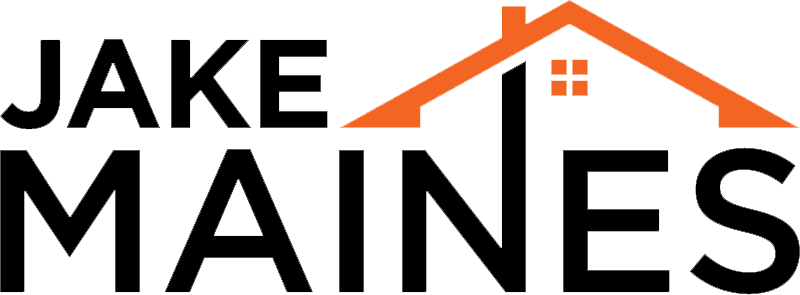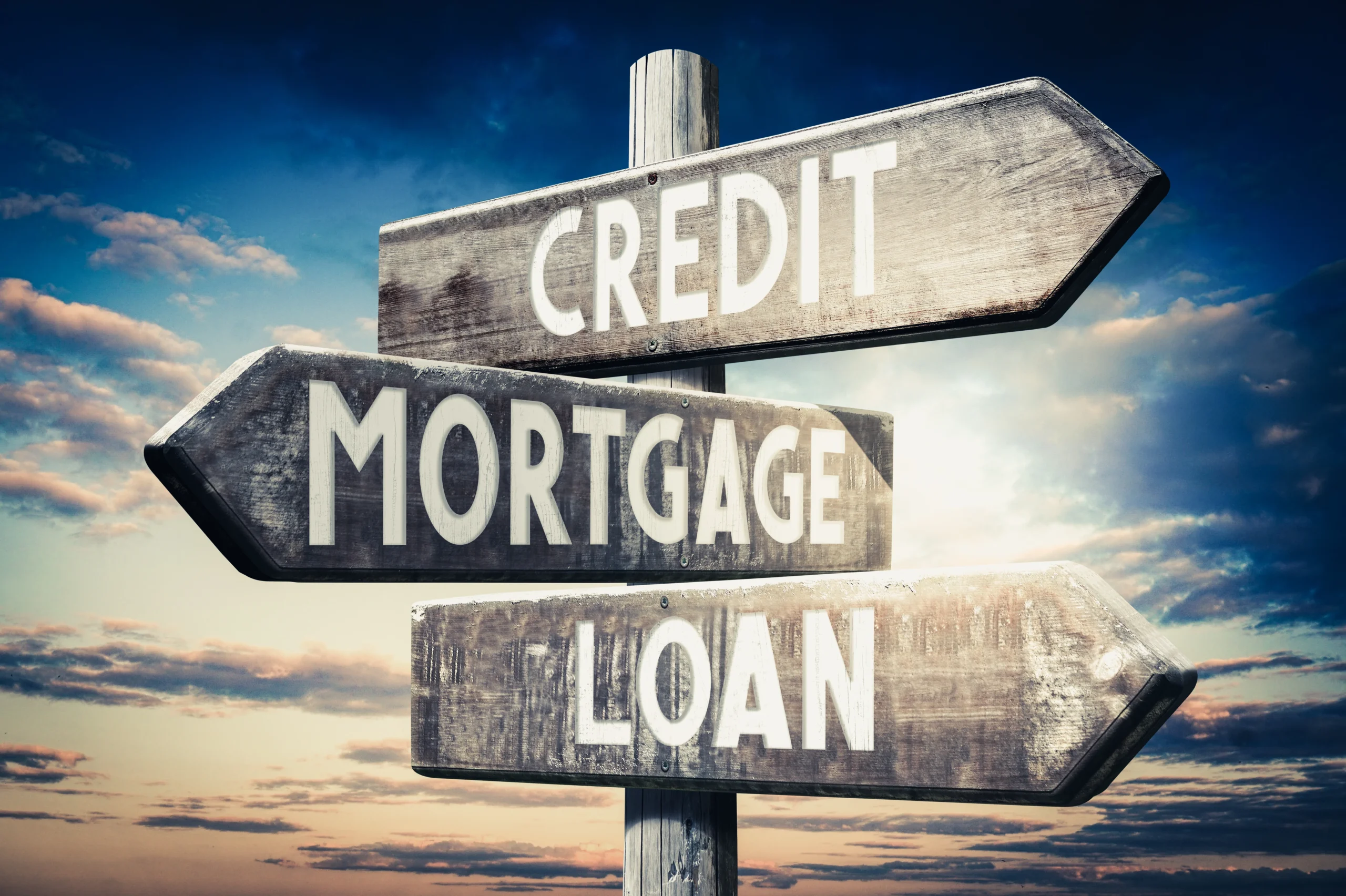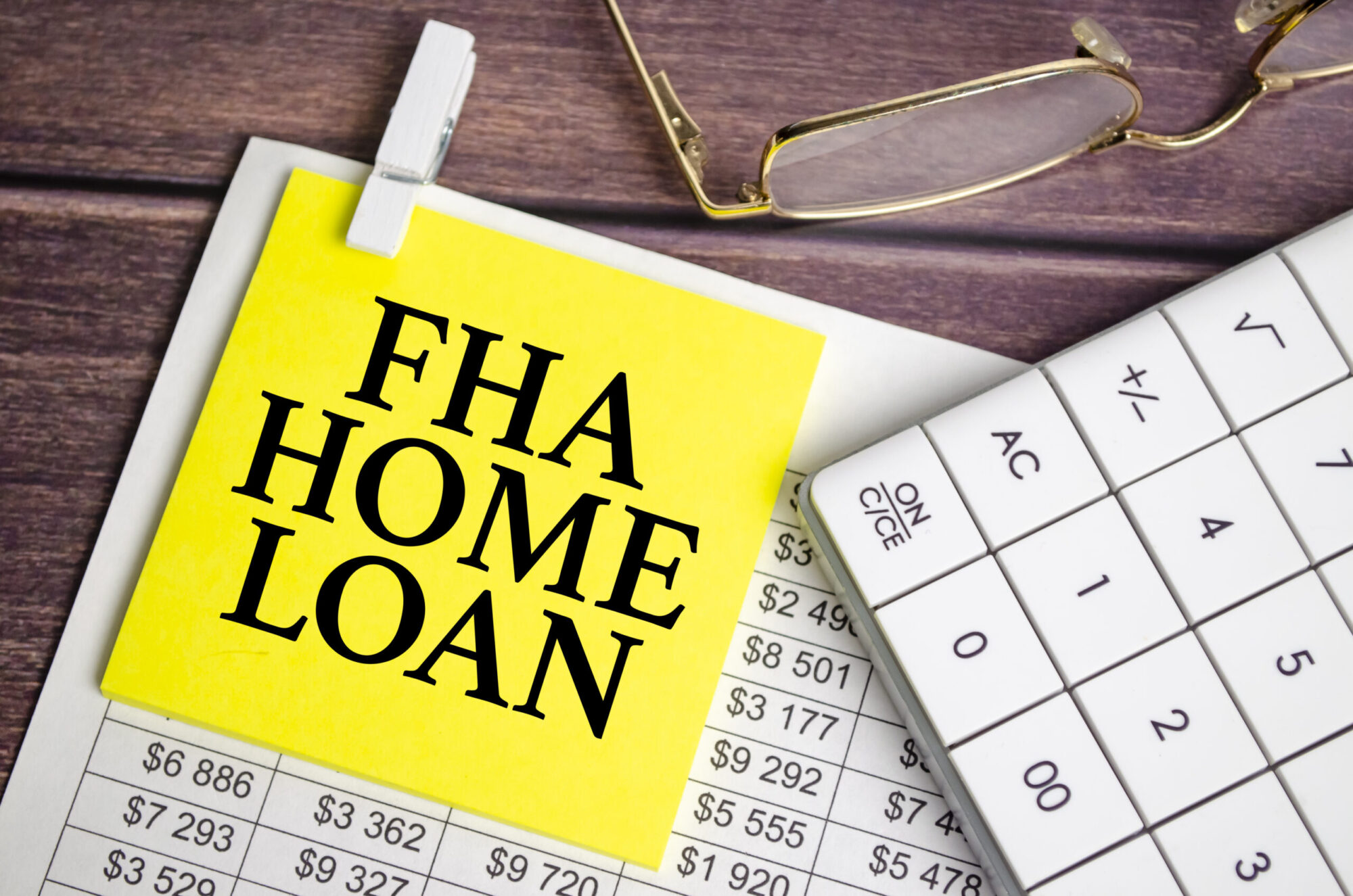Unlocking the Answer: How Much Down Payment on a House Do You Need?
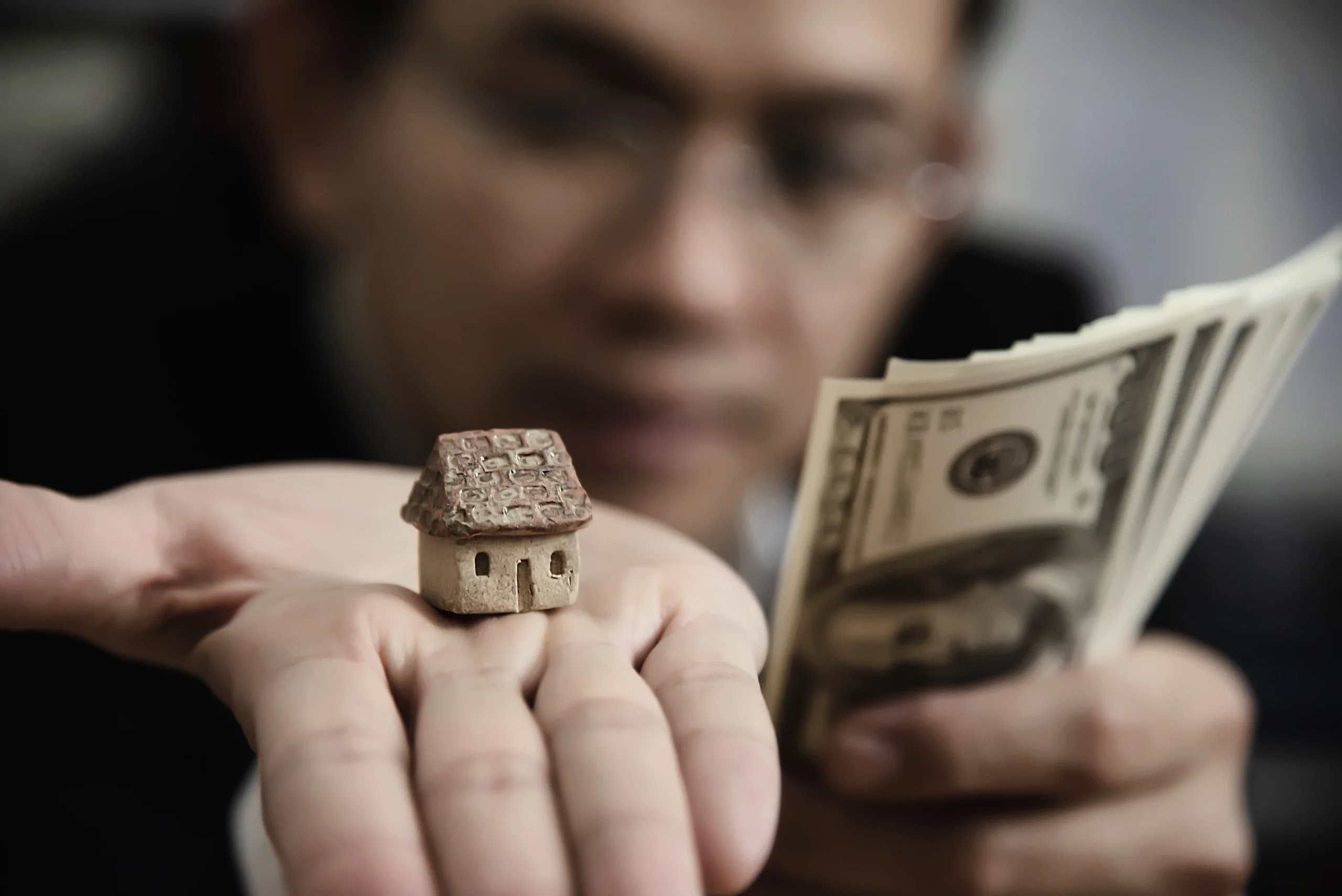
Key takeaways:
- A house down payment is often a requirement for buying a home. It’s the money you put down in cash towards the purchase.
- The amount of a house down payment is dependent on the loan program you select.
- How much down payment on a house depends on various factors, and there can be financial benefits to both a larger downpayment and a smaller downpayment, depending on your goals.
- If your minimum down payment requirement is lower, that could mean that you’re able to buy a home sooner.
- For those who need some help with their house down payment, house down payment assistance programs are available that could help.
Deciding to buy a home requires careful consideration of numerous factors. Nothing is more important than ensuring a home buyer is financially ready to make that decision. One way to do that is to ensure they have the budget for their expected house payment and are investing wisely. A common question is, how much is a down payment on a house? The answer is, it depends.
Consider the factors that play a role in the amount of a house down payment, when it makes sense to put more down, and how to find available house down payment assistance to minimize some of the financial burden.
Initiate the home-buying journey by examining the local real estate landscape, obtaining pre-approval for a mortgage, and determining your financial capacity as ultimately this will drive the down payment required.
This step to buying a house will facilitate a smoother transaction and ensure you are well-prepared for the financial aspects of home ownership, including the crucial aspect of the down payment.
- What Is a House Down Payment?
- The Type of the Mortgage Loan and How Much Down Payment On A House Is Needed
- Down Payment Assistance: Minimum House Down Payment Requirements Explained
- Let Jake Demystify Minimum House Down Payments for You!
-
FAQs on How Much Down Payment On A House
- What is a House Down Payment?
- How much is a down payment on a house right now?
- How much of a down payment can I afford?
- How does a home buyer find available down payment assistance programs?
- How does an interest rate impact house down payment?
- How does the Down Payment on a House Affect My Mortgage Interest Rate?
- What is the Minimum Down Payment Required for an FHA Loan?
- How Does a VA Loan Work Regarding Down Payments?
- What Are the Down Payment Requirements for USDA Loans?
- Is $20,000 enough for a downpayment on a house?
- How much do you need for a down payment on a $300,000 house?
What Is a House Down Payment?
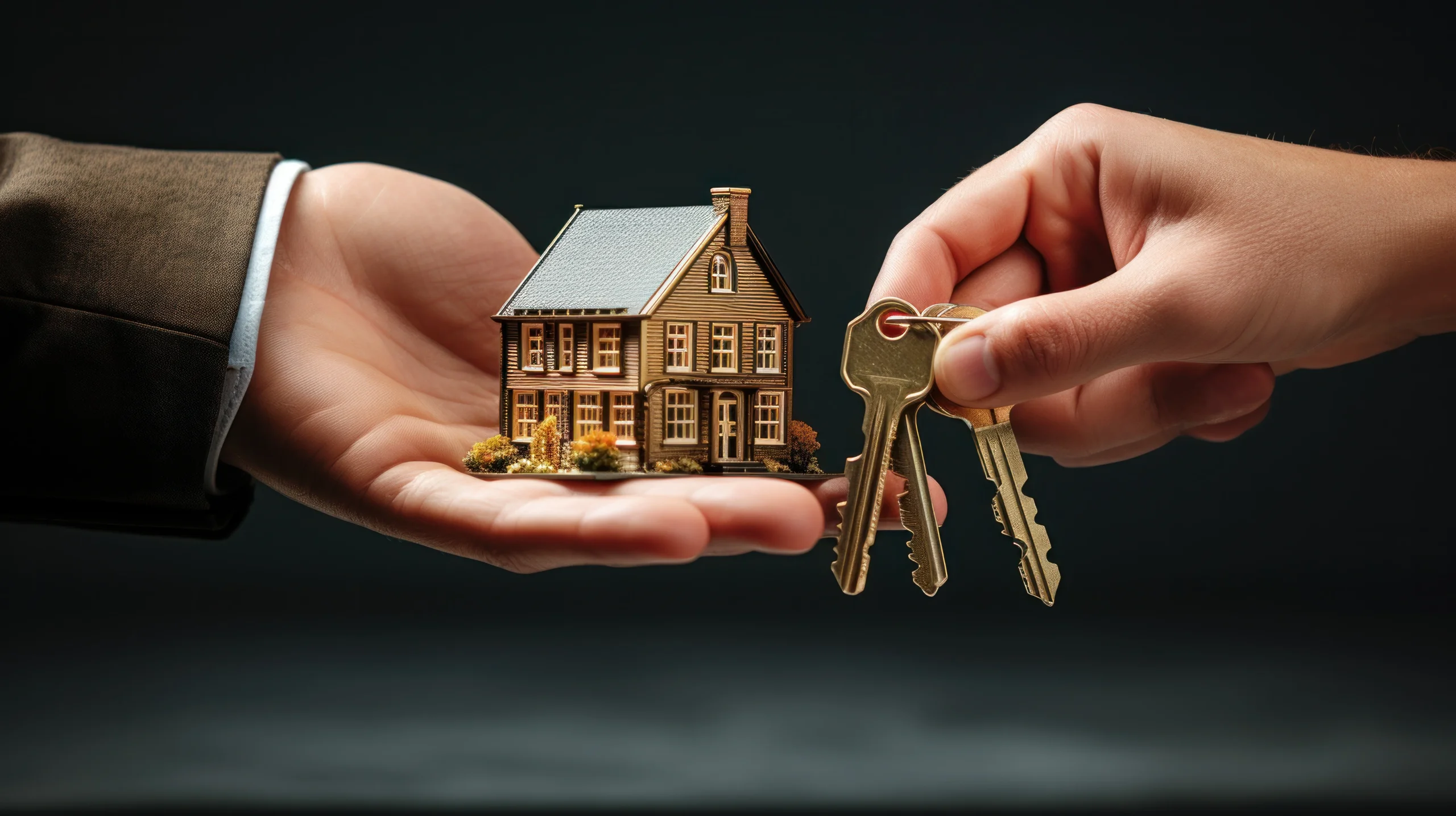
A down payment is the cash the home buyer has to put towards purchasing the home. This is not a mortgage or loan, but money earned and built up over time to put towards the purchase. Down payments are critical for various reasons:
- Lenders appreciate larger house down payments. It shows the home buyer is less likely to default on the loan because they have money in the property.
- House down payments help to reduce the amount mortgaged. That contributes to a lower monthly payment.
- In some situations, a down payment could help a property buyer to qualify for a lower interest rate. That means the home may cost less to purchase overall.
A house down payment on a house is often a necessary tool. Though some lenders may offer no down payment requirement, it is often in the home buyer‘s best interest to have one. The question is, then, how much is necessary.
The Type of the Mortgage Loan and How Much Down Payment On A House Is Needed
The down payment required is dependent on the type of loan program used. Some programs, like a house down payment program, could help a home buyer bulk up their down payment. Regardless, first-time homebuyers often are not sure how much money they need to have available to them upfront to put towards a home purchase.
To determine this, consider the various types of loan programs and the down payment each typically requires.
Conventional Home Loan Minimum Down Payment
A conventional loan is one of the most common forms. This type of mortgage loan is typically available to those with good or better credit. About 80% of all loans in the US are conventional loans.
The requirements for a conventional loan will range from 3 to 5% for primary residences but can reach up to 25% for investment properties. Buying a second home typically requires a down payment of at least 10%.
Consider unique situations. For example, if a home buyer is purchasing a home for a disabled parent or child, in that they will not actually live in the home themselves, this is still considered a primary residence. The down payment in this situation still falls between the 3 and 5 % requirement in most situations. In most cases, the higher the down payment is, the lower the interest rate is likely to be on the loan. Use the Fannie Mae website to determine specific down payment needed in any given area.
Also important is that conventional loans have a loan limit. In 2024, for most areas of the country, this is $766,550. This means that the loan cannot exceed this value. If it does, it falls under the rules of jumbo loans, and the down payment required in these situations is typically higher. These are often referred to as conforming loan limits. Freddie Mac and Fannie Mae set these.
FHA Loans Minimum Down Payment Requirements
An FHA loan is a common option for first-time home buyers. The Federal Housing Administration (FHA) provides government-insured loan guarantees to mortgage lenders, who offer borrowers without extensive home-buying experience access to a home. FHA, which is a program administered by the Housing and Urban Development (HUD) department, is a very common way to borrow funds. The program was first put in place to provide borrowers with lower credit scores and higher debt-to-income ratios with affordable mortgage rates and loans.
It is not available just for first-time homebuyers – Repeat buyers can use these loans.
FHA down payments tend to be a little more flexible than conventional mortgage loans. Typically, these loans require 3.5% down. It cannot be used to purchase an investment property.
For many, this is the best mortgage option if they meet eligibility.
The required down payment on an FHA can be a bit more tricky to determine. First, there are some situations where the home buyer will need to have a down payment that is 10% or higher. This occurs in situations where the home buyer has a credit score that is very low, typically under 580.
However, FHA loan minimum down payment requirements can be much lower, even as low as 3.5% of the purchase price. This type of loan can be used on properties with 1 to 4 residents as long as the borrower lives within one of them. FHA mortgages offer other benefits, too, including low closing costs and easier credit qualifications.
FHA loan limits
Like conventional loans, FHA’s have a limit as well. In 2024 in Virginia Beach and the Hampton Roads area, this limit is $690,000. That figure went up from $507,150 in 2023.
FHA Identity of Interest factors
Another important consideration for these loans is called “Identity of Interest”, a term that describes pre-existing family or business relationships between those who are selling the home and those who are buying the home. A person buying a home from a landlord, for example, must have lived in that home for at least 6 months. In this situation, the home buyer must put down 15% of the loan amount as the minimum down payment.
Another important example occurs if a home buyer wants to help someone else who is not a family member to buy a home. If the person obtaining the loan does not plan to live there, the minimum down payment may be different. Family members could include spouses, parents to children, siblings, stepchildren, aunts and uncles, nieces and nephews, and others. In this situation, the house down payment requirement jumps to 25% if there is no family relationship with the co-signer possible. For those who are first-time home buyers in Virginia, working with a qualified lender is critical.
It is also possible to view a full breakdown of the Housing and Urban Development rules for home buyers and homeowners on their website. Be sure to consider several lenders when making financial decisions like this. For guidance compare lenders of various types to determine the best fit for your financial needs with this or any of the other mortgage programs available.
How Much Down Payment On A House With VA Loans
The Department of Veterans Affairs (VA) provides some people with help with their purchase of real estate and the goal of homeownership through VA home loans. It applies for active duty military professionals and veterans to obtain a loan backed by the VA. There are some excellent benefits to the home buying process for those who are veterans including that there is no house down payment requirement.
This type of home can only be used to purchase a primary residence. It cannot be used for investment properties or second homes.
There are a few things to know about these loans, even if you do not need a large down payment and need less money upfront. First, there is a funding fee that is required as a part of the home buying process. This fee is based on the house down payment amount and home value. The amount varies based on whether or not the home buyer has used a VA-specific loan previously as well.
When it comes to down payment loan requirements, here are a few things to note in this area:
First use of the VA loan: In this situation, the fee is 2.15% of the purchase price.
In situations where a down payment of 5% or more is put into place with the first-time buyers using a VA loan, this funding fee drops to 15%, then down to 1.25% when 10% or more is used.
If this is the second time using a VA loan, there is no down payment requirement. The fee here is still 3.3%. If you put more than 5% down, the VA funding fee goes down to 1.5% and if you put more than 10% down the funding fee goes down to 1.25%.
This fee is not something that the home buyer must pay now. It can be financed into the loan. That means the fee is paid off over the life of the loan.
VA-backed purchase and construction loans
Rates for Veterans, active-duty service members, and National Guard and Reserve members
| If your down payment is… | Your VA fee will be… | |
|---|---|---|
| First use | Less than 5% | 2.15% |
| 5% or more | 1.5% | |
| 10% or more | 1.25% | |
| After first use | Less than 5% | 3.3% |
| 5% or more | 1.5% | |
| 10% or more | 1.25% |
Note: If you used a VA-backed or VA direct home loan to purchase only a manufactured home in the past, you’ll still pay the first-time funding fee.
Depending on the financial situation and home’s purchase price, this could be an excellent route for funding Virginia Beach real estate purchases. It eliminates the need to have one, though a low down payment may still be desirable to lower overall monthly loan payments.
How Much Down Payment On A House With USDA Loans
The U.S. Department of Agriculture (USDA) is another avenue for obtaining financial support and a lower average down payment for a home purchase. USDA loans were designed to spur economic activity in rural areas. Eligibility depends on where the home buyer decides to purchase a home. This often leads to no down payment requirement and low monthly mortgage insurance payments compared to FHA loans and others. USDA loans also offer flexible loan term and loan options that keep interest rates, monthly payments, and home buying power aligned with home buyer goals.
The key to purchasing a home with USDA funding is to know the housing market. These loans are often misunderstood in that “rural” areas may be any location defined by the USDA as an ideal area for development. This is not necessarily property located in locations like New York City, of course, but there are areas of Virginia Beach real estate that do qualify.
In the Hampton Roads area, the cities/counties that are USDA loan-eligible are Isle of Wight County, Surrey County, Southampton County, Gloucester County, Williamsburg, James City County, & New Kent County. Also included are all of Northeast North Carolina, including Camden, Dare, and Gate Counties. Those interested in these options can find more information on the USDA website.
Note there are numerous differences between USDA mortgages and other loans. One factor to consider is private mortgage insurance (PMI). A higher down payment reduces risk to lenders because the home buyer is less likely to default. When a down payment is lower, the mortgage lender may require private mortgage insurance, which typically applies in situations where a home buyer purchases a home with less than 20% down. FHA and other types of loan programs have these requirements.
One of the core benefits of USDA loans is that it does not require this fee. Instead, there is an upfront guarantee fee that is paid at the time of closing the loan. There is also an annual fee paid which is included in the monthly mortgage payment. The upfront fee is 1% of the amount financed through the loan, and the annual fee is 0.35% of the current balance on the loan.
Down Payment Assistance: Minimum House Down Payment Requirements Explained
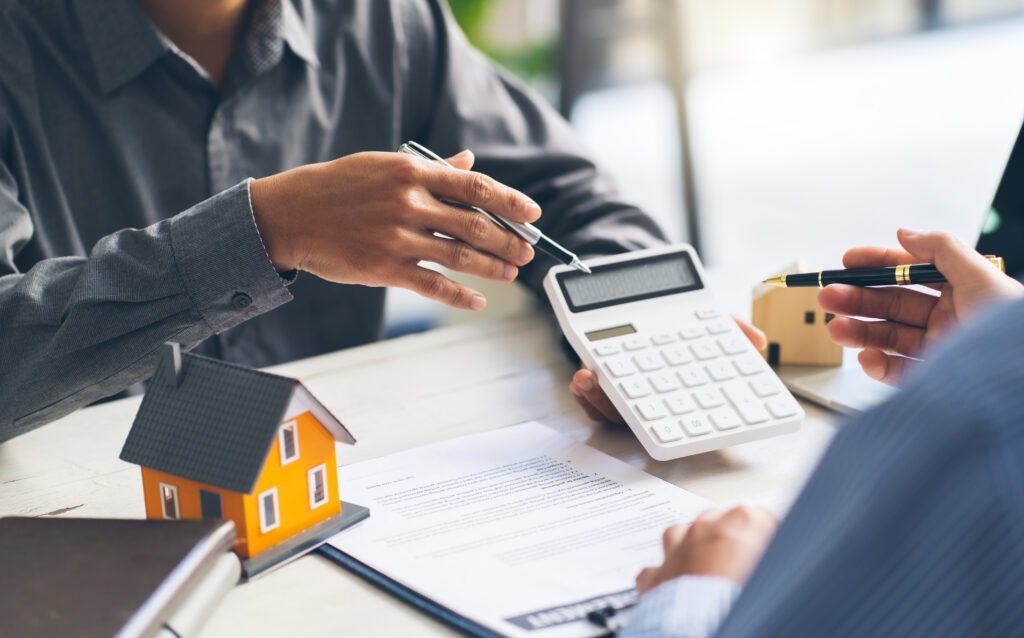
When a consumer aims to buy a home, and their personal finance situation does not show that they have the funds available to them to make a down payment, the use of house down payment assistance programs may offer help. For those that do not have the minimum down payment required for a loan, these programs can provide support.
A down payment can be one of the most challenging components of obtaining a loan is having a typical down payment. They may have good credit, enough money to make a monthly mortgage payment, and even an emergency fund to cover financial costs as they arise. Yet, the down payment is often the hard part.
The house down payment amounts above are typically required. There are some loan programs that may help to offer some financial support, meaning the home buyer does not have to have a lot of money when buying a new home at their sales price. Some of these programs are run by state or local governments. There are numerous options out there, including some that reduce the down payment to as little as 1%. Others do not require a down payment on house loans depending on whether or not the consumer meets qualifications.
The most popular state program in Virginia is Virginia Housing’s Down Payment and Closing Costs Assistant programs. These programs give you a Conventional, FHA, USDA, or VA Loan as your first mortgage and then will either loan you the house down payment/closing costs assistance or give you that money in the form of a grant. This is a great way for first-time (and repeat) homebuyers to purchase a home without bringing any money to the table.
House down payment programs all have income limits to make sure the money is going to homebuyers who actually need the help and not the top income earners. These income limits vary by program, so make sure to talk to your mortgage lender about the options.
Let Jake Demystify Minimum House Down Payments for You!

Jake Maines, one of the top Realtors in Virginia Beach, can help you to navigate this challenging situation by providing you with hands-on support to help you meed the minimum down payment requirements. Contact Jake Maines now for immediate help from a member of the National Association of Realtors serving the Virginia Beach area.

Jake Maines, Virginia Beach Realtor
Jake Maines is a Virginia Beach Realtor known for his market knowledge and exceptional client service. His real estate journey, beginning in 2020, showcases a successful transition from marketing to realty and investing, marked by a passion for helping clients find their dream homes. Recognized as one of Inside Business 40 Under 40 and ranking in the top 8% of Hampton Roads Realtors in his first year, Jake's accolades affirm his expertise. A member of NAR and HRRA, he upholds the highest ethical standards. Community involvement and continuous professional development make him a trusted, authoritative Virginia Beach real estate expert.
FAQs on How Much Down Payment On A House
What is a House Down Payment?
A house down payment is the initial cash payment you make towards the purchase of a home. It’s not part of your mortgage but is money you’ve saved over time to invest in your property. Down payments are crucial because they reduce the loan amount, potentially lower your monthly payments, and can even qualify you for better interest rates. Lenders favor larger down payments as they indicate a lower risk of loan default.
How much is a down payment on a house right now?
The house down payment for most people is based on the type of loan used as well as their credit qualifications and available loans. The minimum down payment on a loan is dependent on the type of loan you obtain. For conventional loans, the minimum can range from 3% to 5% for primary residences, and up to 25% for investment properties. FHA loans generally require a 3.5% down payment. However, specific programs, such as VA and USDA loans, may offer no down payment options for eligible buyers. The exact amount depends on your credit qualifications and the loan type.
How much of a down payment can I afford?
One of the best ways to determine this is to use a mortgage down payment calculator. Using a down payment and mortgage calculator allows home buyers to see several things including what their expected monthly payment is, what their loan requirements are for a down payment and what to expect in terms of PMI.
How does a home buyer find available down payment assistance programs?
As some of the most lucrative and most sought-after house down payment options for those without a lot saved, assistance programs are growing in access. The key is to discuss these options with a real estate agent initially. Then, discuss the options with:
- Mortgage lenders
- Local community housing boards
- County-wide programs
Additionally, consider national programs that may be required. The HomeReady Mortgage program from Fannie Mae is one of the options to consider. It aims to provide support to those who are looking for support, guidance, and money-savings.
How does an interest rate impact house down payment?
It is important to consider all factors when borrowing money to buy a home. This includes the interest rate. Both fixed-rate and adjustment-rate loans typically require down payments, as noted above. However, some lenders may offer lower rates for those who have more of a down payment on their home purchase. That is due to the reduced risk to the lender. For those who are looking to buy a home with a lower rate, consider having a bigger house down payment.
How does the Down Payment on a House Affect My Mortgage Interest Rate?
Yes, the size of your down payment can influence your mortgage interest rate. A larger down payment reduces the lender‘s risk, which can result in a lower interest rate for your loan. This means the overall cost of purchasing your home could be less when you put more money down upfront.
What is the Minimum Down Payment Required for an FHA Loan?
For an FHA loan, the minimum down payment is typically 3.5% if your credit score is 580 or higher. However, if your credit score is between 500 and 579, you may be required to make a down payment of at least 10%.
How Does a VA Loan Work Regarding Down Payments?
VA loans, available to veterans and active military members, do not require a down payment in many cases. However, there is a funding fee that varies based on the amount of down payment and whether it’s your first time using a VA loan. This fee can be financed into the loan amount.
What Are the Down Payment Requirements for USDA Loans?
USDA loans are designed to promote homeownership in rural areas and do not typically require a down payment. Eligibility for a USDA loan depends on the location of the home and the buyer’s income level. These loans also feature lower mortgage insurance costs compared to other loan types.
Is $20,000 enough for a downpayment on a house?
A down payment of $20,000 for a house worth $100,000 would allow you to to avoid paying Private Mortgage Insurance (PMI) on a conventional mortgage, but is not required. First-time home buyers may be able to save up for smaller down payments ranging from 3-10%.
How much do you need for a down payment on a $300,000 house?
Typically, when purchasing a house worth $300,000, you will need to make a down payment of 3% to 20%. This means that the amount required would range from approximately $9,000 to $60,000 depending on various factors such as loan type and specific lender criteria.
For Expert Advice On How Much Down Payment On A House Is Needed:
Contact Jake Maines Today!
Contact Page Form
Are you looking to begin your experience as a homeowner in Virginia, or have some questions? Look no further. As a trusted Virginia Beach real estate agent, I offer services for experienced investors and those buying their first home. My specialty is supporting the entire process of purchasing and selling Virginia Beach Homes For Sale while providing helpful advice.
I’m here to help first-time home buyers every step of the way through the process. This guide has discussed in detail everything you need to know about the down payment necessary to purchase your dream home. If you have any unanswered questions, don’t hesitate to contact me. I’m here to help.
